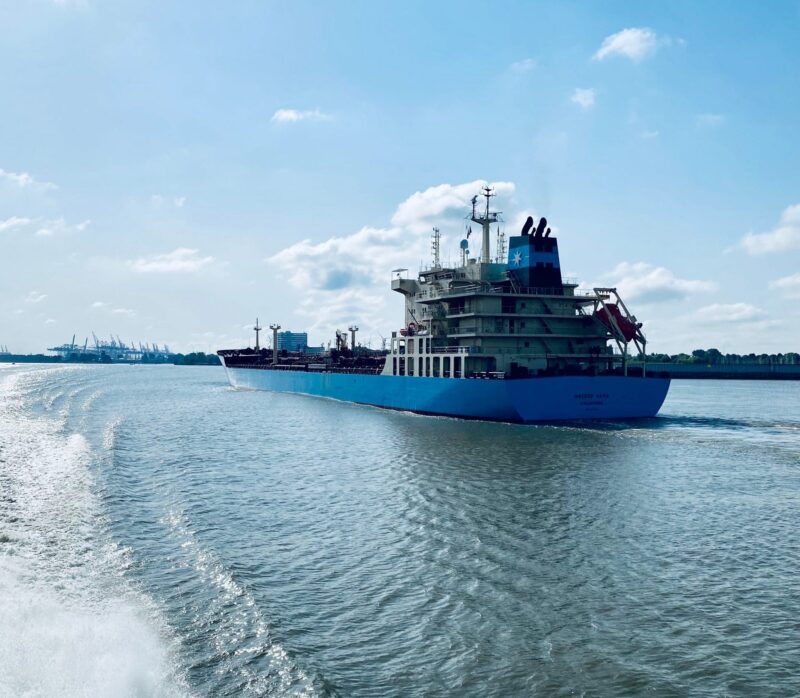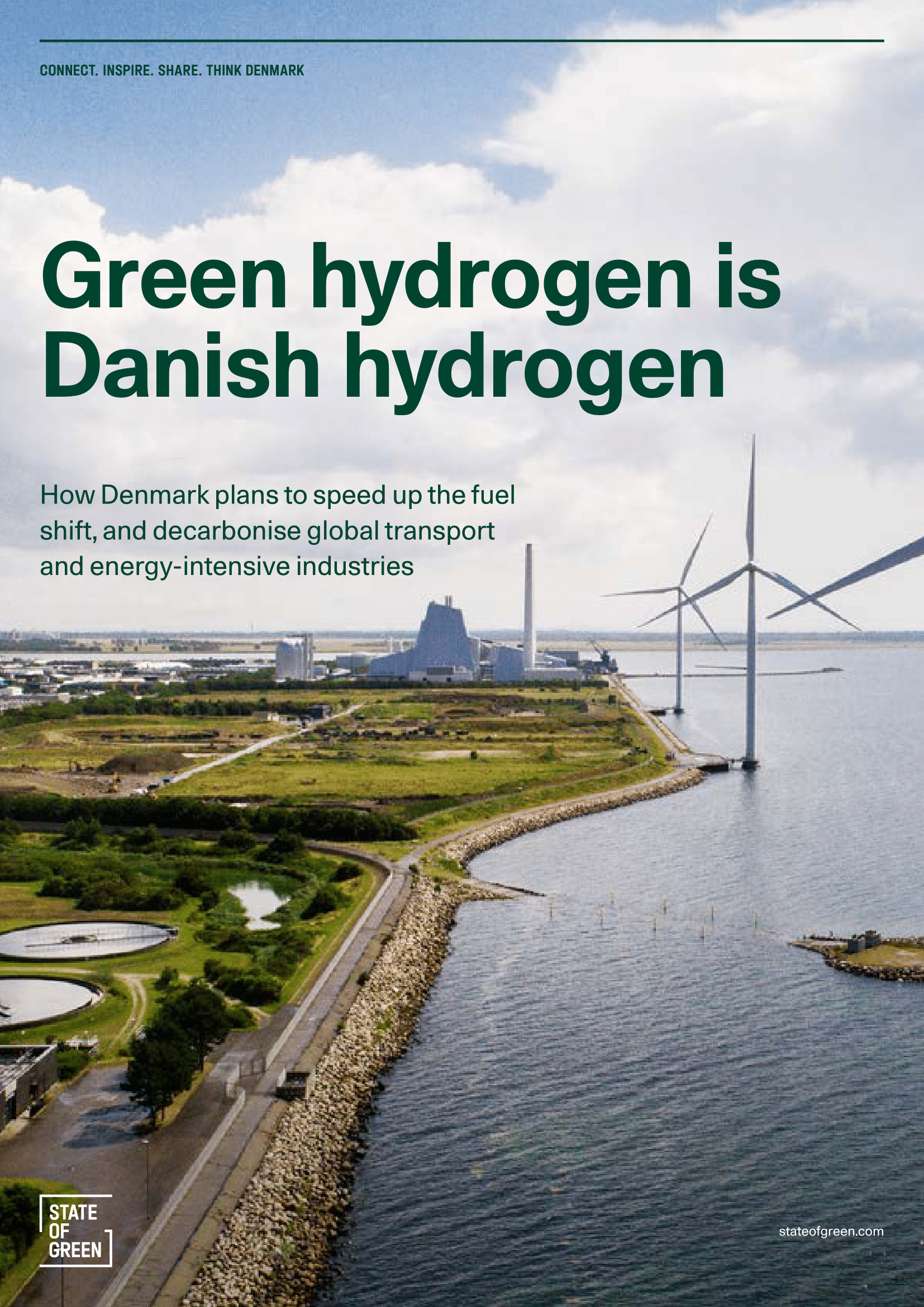Headquartered in Copenhagen and established in 2020 with funding from the A.P. Moller Foundation, the Mærsk Mc-Kinney Møller Center for Zero Carbon Shipping (MMMCZCS) is an independent, not-for-profit research and development centre that works with companies, governments, and organisations from across the globe to decarbonise the maritime industry.
The center was formed to accelerate the decarbonisation of the global maritime industry. The Center brings together experts from across the shipping ecosystem to push the development, commercialisation, and scaling of sustainable shipping solutions.
The Center combines deep specialist knowledge with an industry-wide perspective to create a sector transition strategy and drive innovation of the solutions needed to accelerate implementation.
No one player — no matter how large and influential — can make the transition happen alone. The Mærsk Mc-Kinney Møller Center for Zero Carbon Shipping facilitates the cross-functional collaboration to drive the collective action needed to reshape an entire shipping ecosystem.












